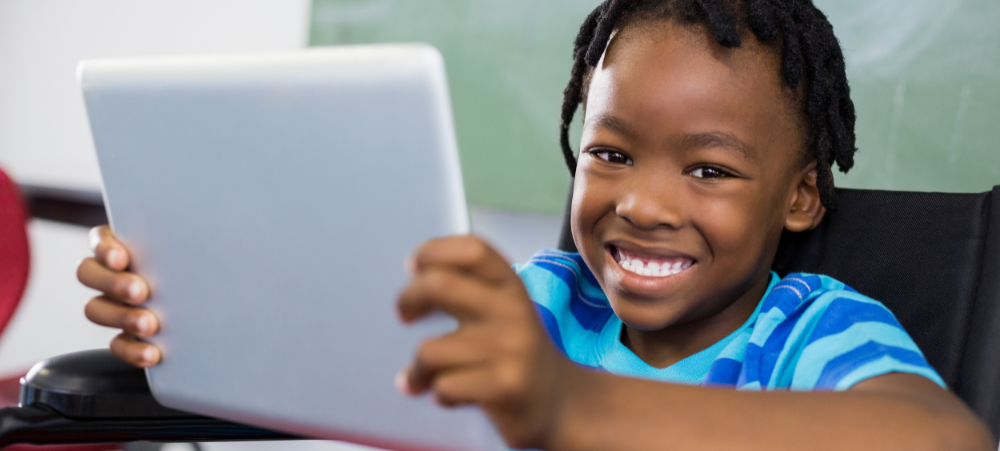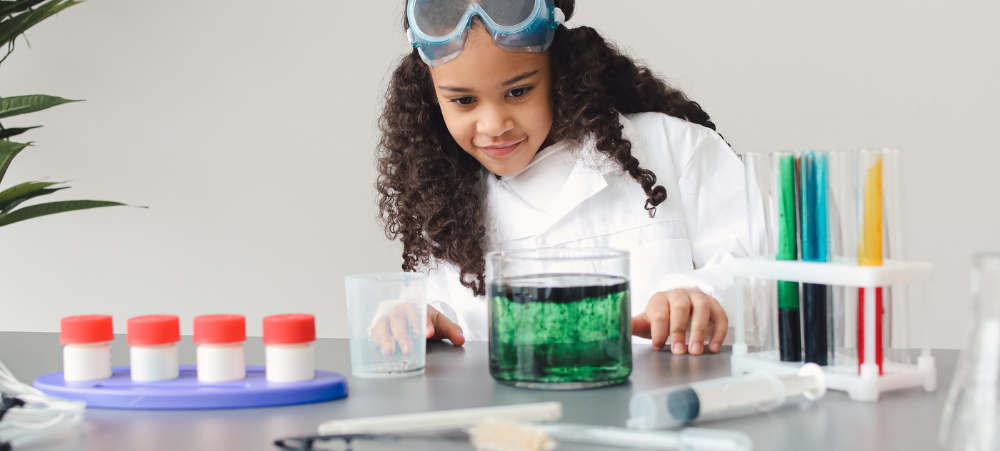When our children were little, we bought them their first bicycle. We bought a helmet too. We didn’t just spend hours training them on how to ride their bike, we told them about the rules of the road, the risks of the road and how to ride safely. We made our own family rules about when and where they could ride, supervised and unsupervised. We balanced giving them opportunities to enjoy their freedom on their bike and mitigating the risks. It was easy, because most of us went through exactly the same thing with our parents when they gave us our first bike.
When it comes to our children’s use of social media, online gaming and the Internet, we’re understandably less assured because for most of today’s parents, we have no experience of being a child or a teen immersed in the digital world. Our experience of the internet, social media and online gaming is rooted in our adulthood; so, we are guessing and assuming when it comes to our children’s reality. For some parents, this makes us back-off from what we can’t know; for others, it makes us double-down with severe limits and a pervasive atmosphere of distrust and overbearing monitoring. Both of these tactics make our children more vulnerable to the risks of their inevitable online activity.
At a recent Koa Academy webinar, Mark Anderson, CEO and Principal of the high-engagement online school brought together ICT law specialist, attorney Arinda Truter and parent, Rachelle Best who is the founder of FYI Play It Safe, a non-intrusive, consensual family monitoring app. The conversation centres on how critical the parent-child relationship is to ensure that our children’s online interactions are safe and happy.
Just like we were the first to teach our small children to look left, right and left again before crossing the road, we need to be the informed and authoritative voice when it comes to rules that govern our children’s forging of a lifelong digital footprint. As parents, we cannot ignore or avoid that the digital world is as visceral as the physical world. Like road use, there are laws and consequences if those laws are broken. Like road use, it is an essential aspect of life with risks and advantages. If we are to guide and protect our kids effectively, we need to know and understand the digital world as well as we know the road.
Luckily for us, there are advanced tools and free access to trustworthy content that does enable parents to leapfrog the disadvantages of not having experienced a childhood in the Digital Age. We can get up to speed and be empowered. We can use tech innovations that support our daily mission to safely raise our children. We can learn the global rules and country laws that govern digital spaces. We can be agile enough to help our children become not just productive citizens in their geographical space but also positive citizens in a digital world. At the root of all this, is the quality of our relationship with our children. Anderson says, “Open engagement and ongoing conversations in the family are the bedrock of keeping children and teens safe online. Know the risks, know the rules and talk about what’s happening online every day, because it is constantly changing. Our children are growing up in a world where most people’s work will happen online in the near future. We need to be raising children who are adept and competent at being positive digital citizens, and from education to family security, there is so much available to support parents.”
Watch the Online Safety Webinar with Koa Academy, FYI play it safe and DML inc here
- What Are Parents Really Hoping For in Their Child’s Education? - December 2, 2025
- Alumni Spotlight: Tamisha Sinan, Class of 2024: Thriving After Koa Academy: Real-World Skills in Action - November 13, 2025
- Can You Really Make Real Friends Without a Physical Classroom? - October 2, 2025





